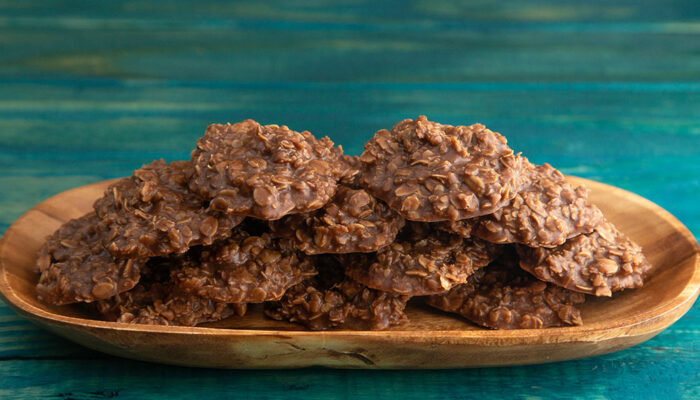
Natural Ways to Manage ADHD
ADHD (or attention deficit hyperactivity disorder) is a neuro-chronic condition that can impact both children and adults. It’s characterized by problems with focus, hyperactivity, and impulsiveness. There is no one-size-fits-all approach to managing ADHD, but the condition is best managed with a combination of medication and therapy. However, there are also some natural ways to help manage the symptoms of ADHD. Some of the natural ways include the following foods, therapies, and supplements for ADHD:
1. Magnesium
This is a mineral involved in many body processes, including energy production, muscle and nerve function, and neurotransmitter release. The mineral helps in managing ADHD by reducing impulsivity and hyperactivity and improving sleep quality. The mineral can be found in food sources such as dark chocolate, almonds, spinach, and black beans. It is also available in supplement form.
2. Electroencephalographic (EEG) biofeedback
EEG biofeedback, also known as neurofeedback, is a type of training that uses feedback from brainwave activity to help improve focus and concentration. EEG biofeedback helps in managing ADHD by teaching the brain to self-regulate and improve attention span. Also, because EEG biofeedback is a non-invasive and drug-free treatment, it may be especially beneficial for children with ADHD. EEG biofeedback is usually provided by a trained professional, such as a licensed psychologist or certified neurofeedback practitioner. If you are interested in this treatment, you can search for a provider in your area.
3. Yoga
This is a mind-body practice that can help with ADHD symptoms by reducing stress and improving focus and concentration. It may also help improve sleep quality, often impaired in people with ADHD. This, in turn, can help improve daytime symptoms of ADHD. There are many different types of yoga, so it is important to find one that you enjoy, and that fits your needs. If you are new to it, taking a beginner’s class or private lesson may be helpful.
4. Zinc
This is a mineral that plays a role in many body processes, including cognitive function and dopamine metabolism. Low levels of the mineral have been linked to ADHD, so increasing its intake may help improve symptoms. The mineral helps in managing ADHD by improving the efficiency of dopamine receptors, which can help increase focus and attention. It also increases the activity of dopamine-regulating enzymes, which can also help improve symptoms. The mineral can be found in food sources such as oysters, beef, pumpkin seeds, and chickpeas. It is also available in supplement form. When taking a supplement, choosing a product certified by an independent organization such as USP or NSF International is important.
5. Omega-3s Fatty Acids
Since ADHD is associated with low levels of dopamine, a neurotransmitter that helps regulate focus and concentration, omega-3s may help increase dopamine levels. With increased dopamine levels, people with ADHD may have an easier time focusing. And, since omega-3s are also anti-inflammatory, they can help reduce the symptoms of inflammation associated with ADHD. Omega-3s can be found in fish, such as salmon and tuna, as well as in flaxseeds, chia seeds, and walnuts. If you choose to take a supplement, be sure to choose one that is high in EPA and DHA, the two types of omega-3s that are most beneficial for ADHD. You should also look for one certified by an independent organization such as the USP (United States Pharmacopeia) or NSF International. Also, be sure to choose a product that has been third-party tested for purity and potency.



